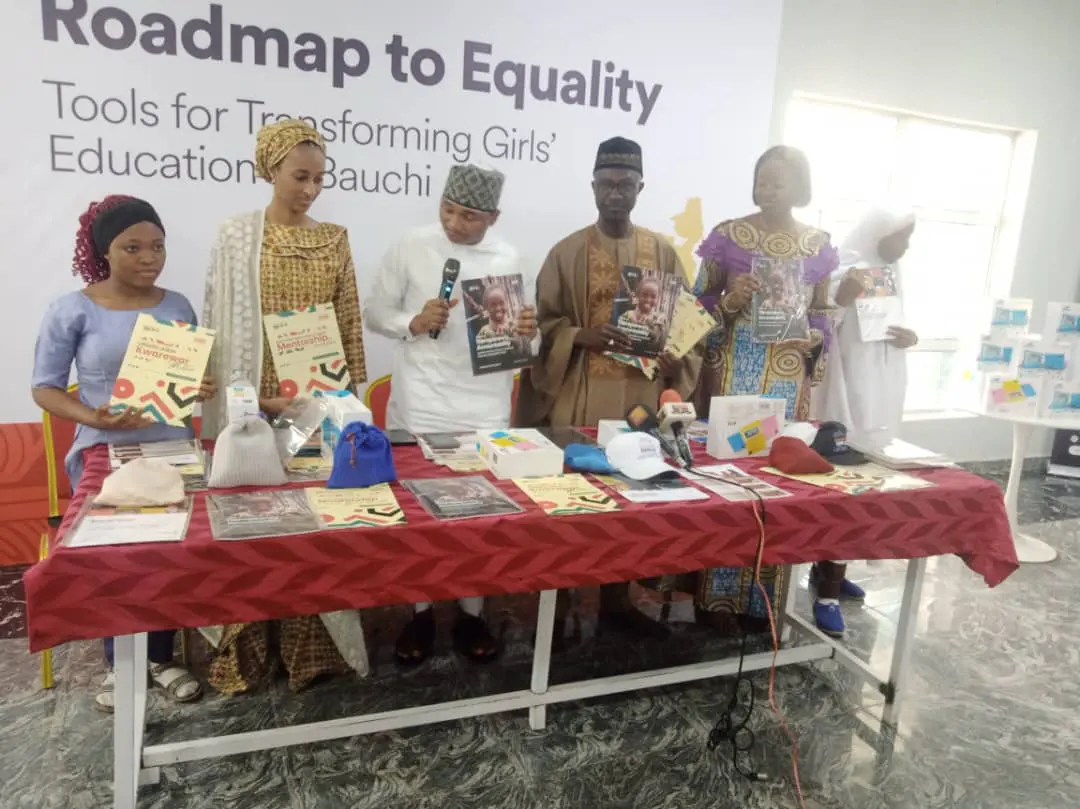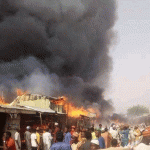
Bauchi State has been ranked among Nigeria’s most educationally disadvantaged states despite huge budgetary allocations to the sector.
This was disclosed by Hyeladzira James Mshelia, Assistant Director of Programmes and Community Engagement at Connected Development, CODE, during a one-day meeting on Roadmap to Equality Tools for Transforming Girls’ Education in Bauchi, organised by CODE with support from Malala Fund.
According to her, while the state government has placed education at the top of its budget priorities, allocating over N40 billion across sectors, significant challenges still remained visible.
Mshelia, who also manages CODE’s Girl-Child Education Project, said the state still struggles with multiple challenges, including inadequate infrastructure, high dropout rates, low enrolment, and teacher quality concerns.
“Many classrooms are still held under trees. Girls drop out largely due to poverty, early marriage, cultural barriers, and poor learning environments.
“Out of over 538,000 children aged 12–14 in Bauchi, nearly half are girls, but many never enroll or complete school. In addition, 25 per cent of teachers are unqualified, and women make up only 31 per cent of the workforce, limiting role models for girls,” she said.
She added that a review of the state’s education policies revealed gender-blind strategies and weak accountability systems that fail to tackle systemic inequalities.
Mshelia said further that the budgets rarely earmark funds for gender-responsive interventions, while teacher recruitment policies lack clear provisions for increasing the number of female teachers in rural communities.
“Existing frameworks do not even disaggregate education data by gender, disability, or vulnerability status,” she noted.
Mshelia urged government agencies, civil society, development partners, and community leaders to adopt and implement the Gender-Responsive Education Sector Planning (GRESP) model to ensure inclusive learning.
“With deliberate policies and inclusive planning, we can build a system where every child, especially every girl, has the chance to learn, complete school, and thrive,” she said.
Reacting, the Bauchi State Commissioner for Education, Dr Muhammed Lawal, dismissed allegations of poorly executed education projects as baseless.
He insisted that the State Universal Basic Education Board (SUBEB) was effectively supervising all projects to ensure quality delivery adding that the government is committed to repositioning the education sector and “taking it to greater heights.”
Bauchi ranked among worst states for education despite N40bn allocation — Expert


